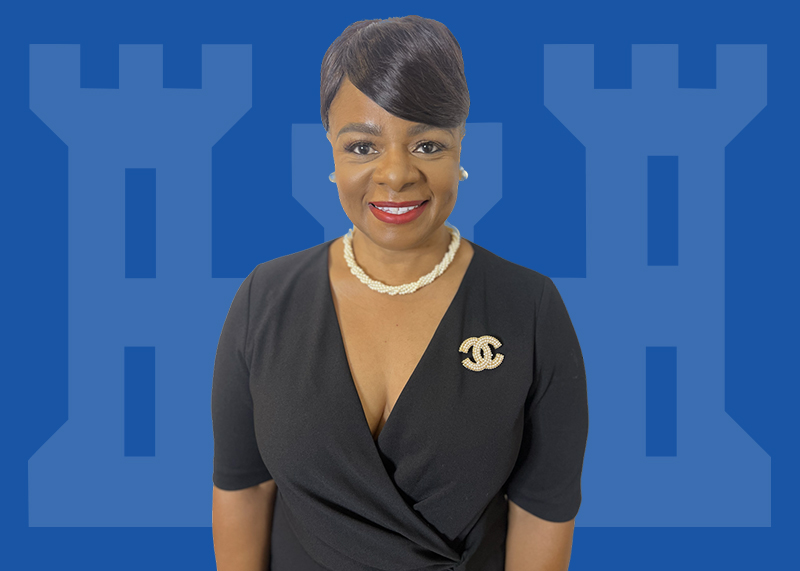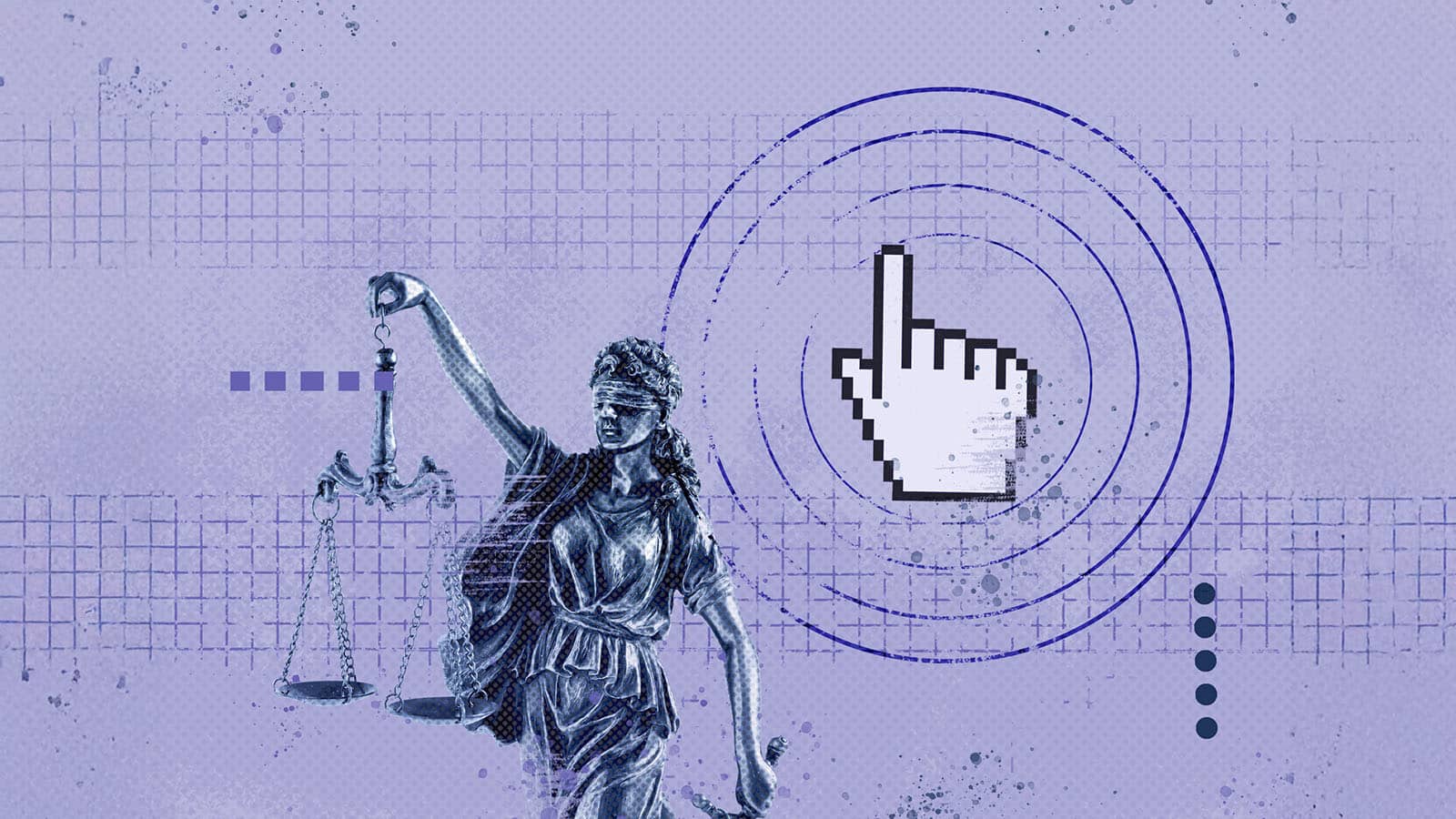What is The Fraud Triangle?
The Fraud Triangle is a tool used by anti-fraud professionals to identify conditions that could motivate individuals, corporations, or even entire industries to engage in fraudulent activity. It is comprised of three risk factors, (1) motivation, (2) opportunity, and (3) rationalization.
Written By
KKC Staff
Reviewed By
Updated
May 7, 2025

The Fraud Triangle is a tool used by anti-fraud professionals to identify conditions that could motivate individuals, corporations, or even entire industries to engage in fraudulent activity.
It is comprised of three risk factors, (1) motivation, (2) opportunity, and (3) rationalization, which were identified by Steve Albrecht based on criminological research by Donald R. Cressey, who postulated that:
“Trusted persons become trust violators when they conceive of themselves as having a financial problem which is non-shareable, are aware this problem can be secretly resolved by violation of the position of financial trust, and are able to apply to their own conduct in that situation verbalizations which enable them to adjust their conceptions of themselves as trusted persons with their conceptions of themselves as users of the entrusted funds or property. Other People’s Money, page 30.”
Besides anti-fraud professionals, potential whistleblowers can identify fraud in their own workplace and professional circles by remaining mindful of these three characteristics.
Key Takeaways
- The Fraud Triangle is a tool used by anti-fraud professionals to identify conditions that may give rise to fraudulent activity
- The three characteristics of the fraud triangle are (1) motivations, (2) opportunity and (3) rationalization
- Potential whistleblowers can use the fraud triangle to identify fraud and the risk of fraud in their own workplace
Fraud Triangle Risk Factors
Motivation
Motivation is generally accompanied by the presence of economic incentives or financial pressure and oftentimes, these conditions arise during instances of economic turmoil. The financial downturn associated with the 2020 coronavirus pandemic gave rise to a surplus of low-interest federal loans. This created a massive incentive for seedy employers to overstate their needs and thereby profit off of already struggling US taxpayers.
In other circumstances, employees whose compensation is based on certain benchmarks will engage in fraud to meet their targets. Likewise, executives will oftentimes ignore statutory obligations and fail to develop strong internal controls in order to retain their positions or increase the likelihood of an executive bonus.
Opportunity
The opportunity for fraud to occur, or the decision to commit fraud, is high when governments fail to implement fraud protections. Countries that have implemented strong whistleblower laws to detect fraud are far less likely to experience political corruption, as the OECD explained in its most recent annual report.
Opportunity for fraud is not only present when laws are weak, but also when employers merely perceive the consequences of fraudulence or the likelihood of its detection to be low or non-existent.
Such was the case when global financial services firm UBS hid hundreds of millions of US dollars from the Internal Revenue Service for its wealthy American clientele. Little did UBS know that the fraud associated with its perceived opportunity was actionable not only under Swiss law but also under the powerful scheme of anti-fraud laws in the United States.
Rationalization
Finally, fraudulent activity almost always involves some form of belief by the criminal actor that their conduct is justified. They sometimes rationalize the fraud and associate it with the mantra “well, our senior management is doing it” or “we didn’t think we had any other choice.”
Valid whistleblower claims will contain some type of motivation, opportunity and rationalization, whether they be in the federal contracting, securities, or tax fraud contexts – just to name a few.
Prominent UBS whistleblower Bradley Birkenfeld brought to light his employer’s massive scheme to cheat the Internal Revenue service out of hundreds of millions in unpaid taxes.
It became apparent that Birkenfeld’s employer was willing to hold massive sums of cash that elite Americans were illicitly depositing in its banks. UBS had identified an opportunity in the perceived lack of oversight regarding the Swiss banking system, and rationalized its practices through the logic of “that’s the way it’s always been” and “everybody else does it.”
Though the presence of the Fraud Triangle factors does not always give rise to fraud, the opportunity to commit fraud greatly increases when they are present.
Reporting Fraud
If you have identified or suspect the presence of motivation, opportunity, and rationalization in your workplace, it is in your best interest to seek the advice of counsel.
Our Firm’s Cases

Contract Fraud Exposed
Dr. Tommie Savage, a seasoned contracting officer at the Army Corps of Engineers, uncovered a web of systemic corruption within the agency's Huntsville, Alabama contracting office. Her unwavering commitment to ethical government practices led to a relentless campaign of retaliation that would test her resilience and courage.

$300 Million in Sanctions and Fines
Our firm and Athens-based Greek law firm of Pavlos K. Sarakis & Associates jointly represented Greek whistleblowers who proved that the multinational Swiss-based pharmaceutical company Novartis paid millions in bribes to illegally market drugs in violation of the FCPA. Novartis was required to pay $300 million in sanctions and fines.

$2 Billion Recovered
Wilkinson blew the whistle on a $230 billion Russian money-laundering scandal that moved rubles out of Russia, converted them to dollars at Danske Bank Estonia Branch, then to moved the dollars to New York. The largest money laundering scandal in history.

![Whistleblower Protection Laws: A Comprehensive Guide [2025]](https://kkc.com/wp-content/uploads/2025/03/Whistleblower-Protection-Laws.jpg)



